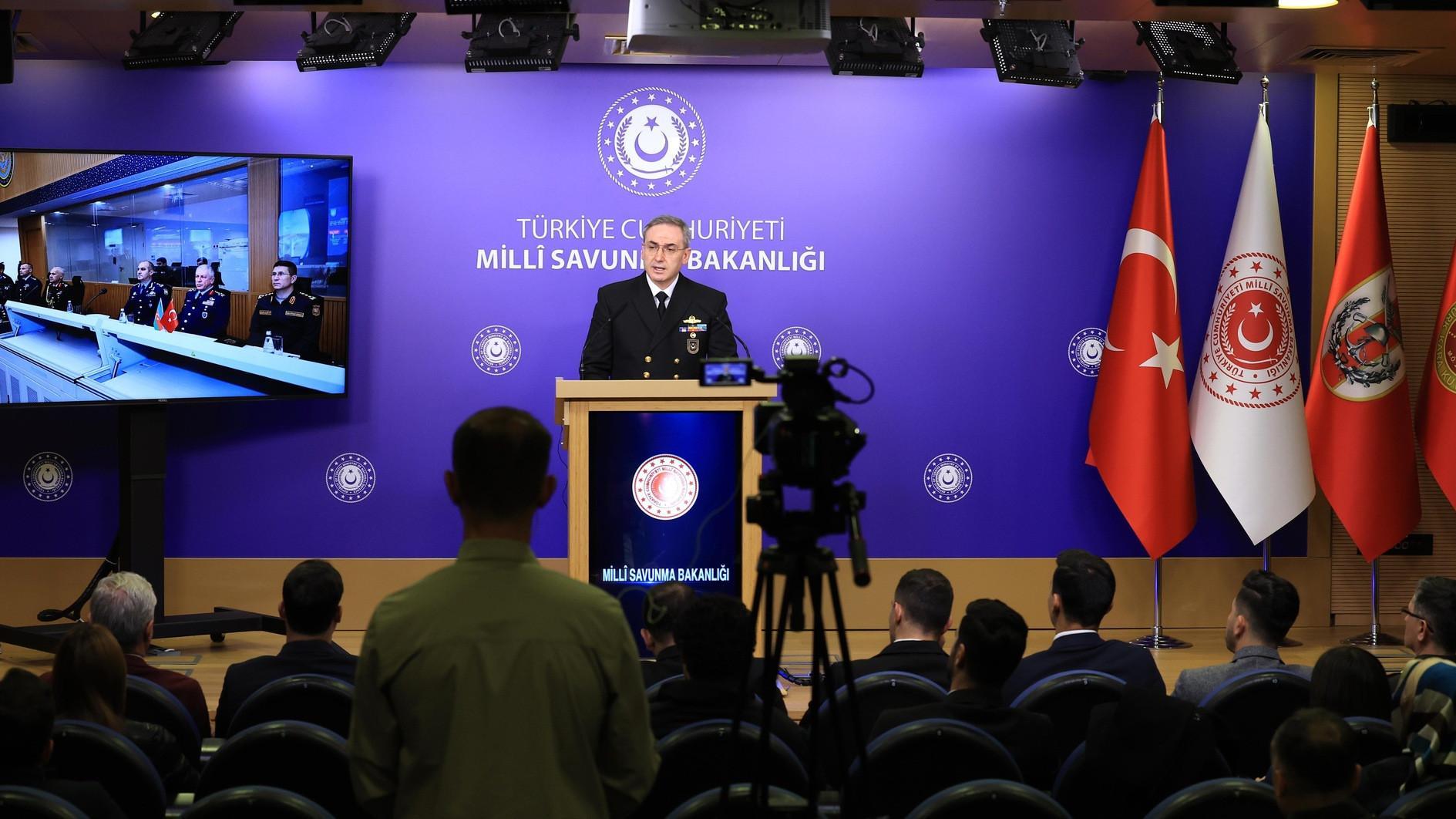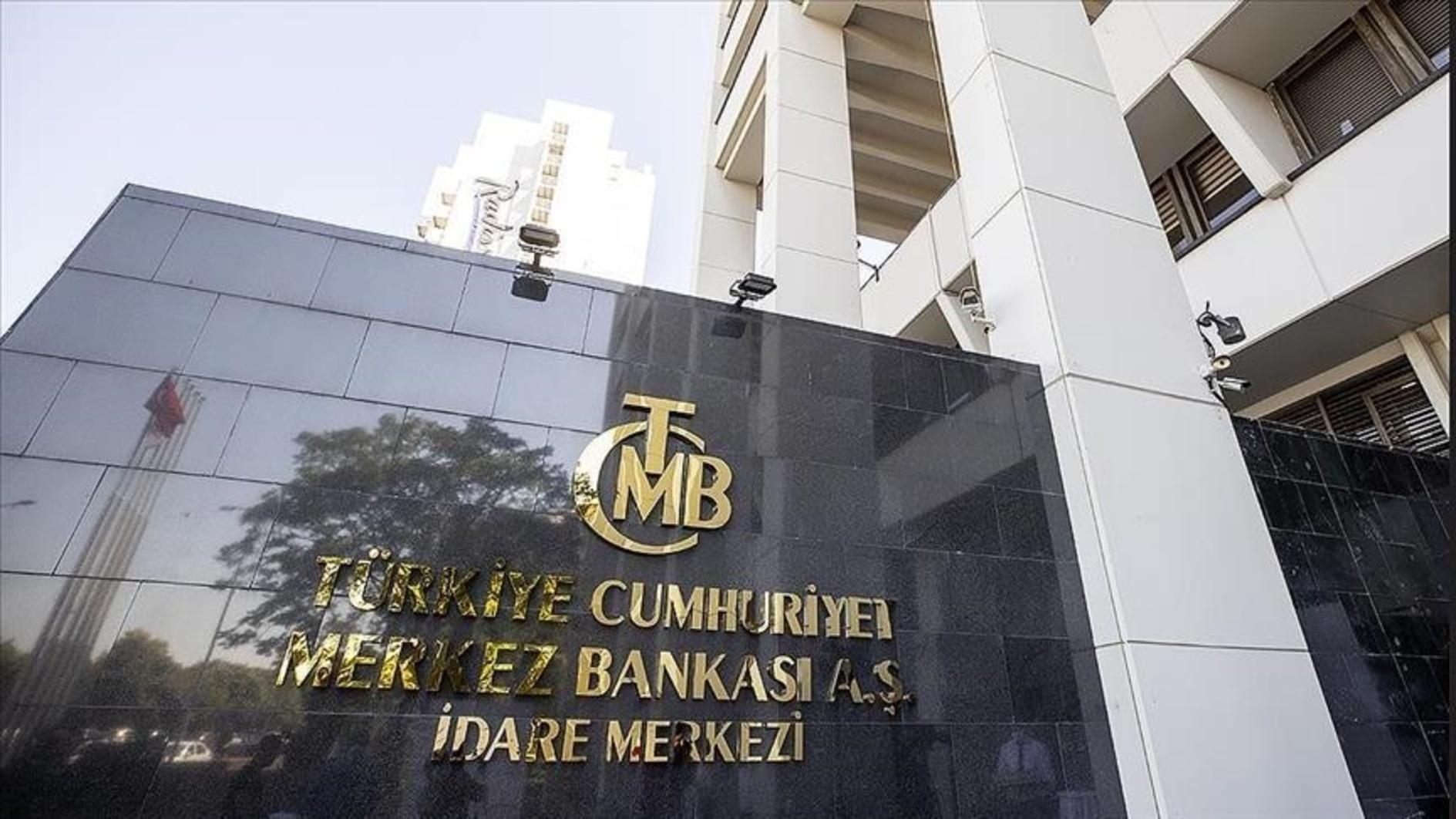'Being part of Turkish nation' most popular identity for Kurds: Survey
ISTANBUL
 A recent survey of Turkish citizens has revealed that being a citizen of the Turkish Republic is the most important identity factor for Kurds in Turkey, rather than being of Kurdish ethnicity.
A recent survey of Turkish citizens has revealed that being a citizen of the Turkish Republic is the most important identity factor for Kurds in Turkey, rather than being of Kurdish ethnicity.For 24.5 percent of those polled by Istanbul's Boğaziçi University and the Open Society Institute who said they know Kurdish, “being part of the Turkish nation” is the most important identity factor, while 21 percent said it is “being a citizen of the Turkish Republic.” For 21.7 percent of Kurds, “being a pious Muslim” is the most important identity factor, while 19.9 percent said “being a member of my ethnic and cultural community” is the most important factor.
Meanwhile, the poll revealed that a majority of Kurds believe social reasons such as unemployment and poverty created the Kurdish problem, while 24 percent of Kurds said ethnic discrimination is the main reason behind the problem.
Of Turkish citizens polled across the country, 74 percent said “being a citizen of the Turkish Republic” is the most significant identity, while (as they could opt for second choices) 61 percent said it is “being a part of the Turkish nation.” “Being part of the Turkish nation” has therefore seen an increase of 14 percent compared to 2010, while there was a decrease in the same period of those who said “being a modern Muslim with a secular lifestyle” is the most important factor.
Some 85 percent of all respondents said Turkish is their native language, while 8 percent said Turkish is one of their native languages.
“The survey shows that identity among Kurds is not limited to ethnicity,” said Professor Hakan Yılmaz of Boğaziçi University on Sept. 16. “If you add up these two, and the results on how people identify themselves, we can say there has been a success in nation-building over the course of the 90 years of the Republic.”
Between 20 and 30 percent of Kurds said they were mistreated in different aspects of life, while the second largest group claiming to have faced mistreatment was those who identified themselves “secularist.”
The smallest group claiming mistreatment came among those who identified themselves as “pious/conservative,” or “Turkish,” with a ratio below 10 percent.
Some 59 percent of Kurds who said they do not know the Kurdish language said social reasons like unemployment and poverty created the Kurdish problem, while this ratio was 57 among Kurdish speakers.
While 91 percent those all respondents who identified themselves as supporters of the pro-Kurdish Peace and Democracy Party (BDP) supported the solution process, this ratio was 75.5 percent for respondents who support the ruling Justice and Democracy Party (AKP). Some 61.4 percent of Kurdish speakers believe the problem will be solved at the end of the solution process, while this rate is 44.3 percent among non-Kurdish speakers.
“This tells us that Kurds have high expectations and that their disappointment will be equally high if the process fails,” said Yılmaz.
In addition, the poll showed that 43.5 percent of all respondents from the highest income brackets opposed the solution process.
















